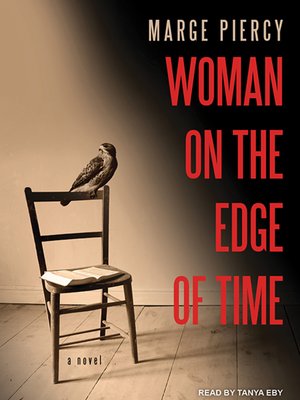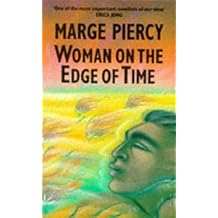


As well as academic articles we publish experimental pieces, visual and textual media and political interventions, including, for example, interviews, short stories, poems and photographic essays.

The Feminist Review Collective is committed to exploring gender in its multiple forms and interrelationships.įeminist Review resists the increasing instrumentalisation of scholarship within British and international higher education and thus supports the generation of creative and innovative approaches to knowledge production. Feminist Review invites critical reflection on the relationship between materiality and representation, theory and practice, subjectivity and communities, contemporary and historical formations. In this regard, Piercy's novel is read as representing a form of feminist futurity that engages with progress in time as necessarily uneven, discontinuous and fractured, speaking to contemporary demands for a feminist futurity that might require more nuanced accounts of the past.įeminist Review is a peer reviewed, interdisciplinary journal setting new agendas for feminism. The novel represents the future through the themes of loss, mourning and haunting, which I argue resist a model of time that moves linearly from past to future and instead bring the past and future into complex relation with each other.

Drawing on recent feminist and queer theory that suggests that the future might most productively be figured through more nuanced and renewed engagements with the past, I argue that readings of Piercy's novel that frame it only through its contemporary moment obscure the novel's critique of singular, linear models of time. While dominant readings of this novel have focused on its relationship to the feminist Utopian genre and feminist theory from the 1970s, this essay aims to critically reframe the novel through contemporary feminist theorising on time and futurity. Connie immediately suspects him of being after her money, but when he doesn't try to steal anything and, in fact, talks to her with a strangely-worded kind of affection (referring to her.This article considers the question of feminist futurity through Marge Piercy's Woman on the Edge of Time (1976). Narration also describes her loving/resentful contemplation of Eddie, Angelina's father.Ĭonnie's thoughts are interrupted by the appearance of a slender, attractive, not-quite effeminate young man, Luciente. Narration then describes how Connie, slightly stoned from the marijuana Dolly had been smoking, decided to walk a while before catching the subway back home and stopped by a playground, where she mused on how one of the girls there looks like how Angelina might look. Narration describes that Connie visited Dolly earlier that day, and Connie tried to convince Dolly to leave Geraldo, but Dolly refused. This chapter narrates events that occurred on the day of the confrontation between Geraldo, Dolly and Connie.


 0 kommentar(er)
0 kommentar(er)
